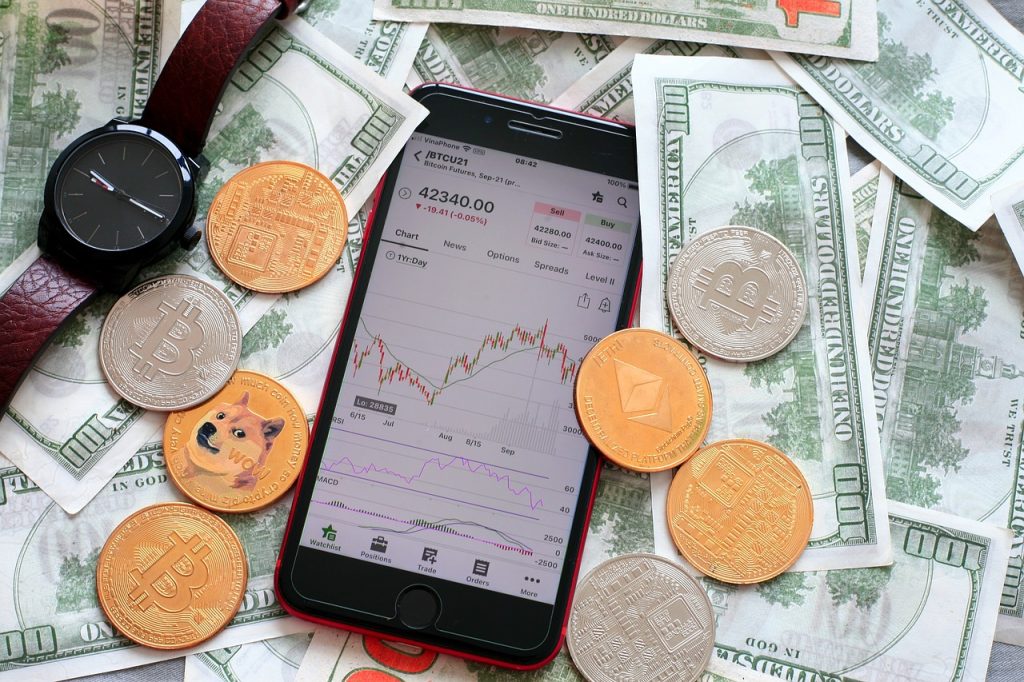If you look at the example above, you will see something interesting. The accumulation of shares as a continuous process took over half a year. It started somewhere around March 2022 and ended in September of the same year. When the market was sufficiently accumulated, the price moved upwards, generating upward impulses. The first correction that ended with an accent, showing one of the buy signals, did not take place until March 2023.
Tips for beginners
It seems that the process from the beginning of the accumulation to the first possible moment of buying shares lasted practically the entire year. The question is whether the growth with corrections, when the price will tend to overvalue, will not last another year or two. Especially since the growth lasts much longer than the decline in stock prices.
How will you choose the right market for you?
The global stock market is an extremely cyclical phenomenon. This is how it was, is and will be. This is due to the fact that there are no companies on the stock exchange that will improve their financial results for 20 years in a row. Fingers on one hand are enough to count them. A few companies do not make up the entire stock exchange.
What every investor should care about is the smallest possible number of transactions, leading to the highest possible profit in the future. The above example of PEKAO is a kind of signal that worked because the company was cheap and good at the same time. Over time, the company will become expensive, and perhaps even worse, as interest rates fall. This will translate into a decrease in profits, and thus a decrease in the value of the company itself.
Today, we can say that the price is moving from undervaluation to overvaluation in the future. Then the position on our part will probably be closed (the criteria on the basis of which we hold shares may not be met). This is a cyclical phenomenon.
In the United States, we have a choice of companies that have been increasing their profits for several decades. They are not cyclical. It’s just that a year ago they earned 10% less than this year. Next year they will earn another 10% more. And so for 50 years. This means that you can buy such a company if it meets the criteria described in the article about the stock market for very beginners you are reading right now. How to start investing?
This means that you can keep the company in your portfolio, taking advantage of all the profits it gives you for many years (profit is, for example, a regularly paid dividend for decades and a regular increase in the share price). Such a company is like wine. With each passing year, it increases the valuation and at the same time pays a higher and higher dividend. Each market has its own advantage, but also a set of disadvantages. You will have to choose the right way for the selected markets yourself.
What can I recommend to you?
Certainly, you should give yourself a lot of time to learn the processes of investing. Learning these processes is time-consuming, as I mentioned at the very beginning of this article. The good news is that this blog is devoted only to these issues. If you become its regular reader, you will certainly learn a lot. More experienced investors are invited directly to the Premium zone, where we show our investment decisions on PPCG Stock educational portfolios.
What instruments can a beginner investor invest in?
It is worth recommending every novice investor to be guided by the strong foundations of the companies in which they want to invest. It does not matter the fashion, the name of the company, or how much is written about it. Whether a given financial instrument will grow is determined by the capital that flows into them. Capital of large institutions.
Large institutions pay attention to how listed companies are developing, what potential they have and what return they can achieve within a few years. The same applies to investment funds. Equity investment funds invest in shares, so it is worth examining how strong the foundations and development opportunities of shares are.
The quality of financial instrument you invest in will determine how much you earn in the future. You can invest in literally anything, provided that you have a high probability of choosing the most dynamically developing businesses. Without it – do not make any investment decision.
